‘Broken’ UK rail system: More than half of train services canceled or delayed during 2022
British rail passengers have been delayed or disrupted on more than half of all train services departing from 15 of Great Britain’s busiest stations in the last year, the Guardian newspaper revealed, depicting the British railway as a “broken” system that cannot easily be amended.
According to an analysis published by the Guardian on Tuesday, several factors such as privatization, labor shortages, pandemic, and nationwide strikes are the main causes of the chaos in the UK railway system.
Obtaining its data from the performance tracking site OnTimeTrains, the Guardian analysis revealed that Manchester Oxford Road was the worst performing station in terms of the severity of delays, with 48 percent of the departing trains being delayed.
According to the survey, 20 percent of TransPennine Express trains were canceled in November, compared with 4.5 percent on the London Overground.
Furthermore, Coventry was the second worst performing station for the intensity of delays, with 63 percent of its trains being delayed and 5 percent canceled.
Tom Haines-Doran, the author of a prominent book on the UK railway system, said the data on the extent of railway disruption was further evidence of a completely broken system.
“In all senses of the word, the railways aren’t functioning, they are dysfunctional in every important respect,” he said.
“And that means that to fix them isn’t just a simple task of fixing one or two aspects. The whole system has broken down and it’s going take a lot of effort and a lot of money to fix it,” he added.
Haines-Doran also noted that the chaos is due to a “perfect storm” created by a number of factors such as high costs, soaring fares, failures of privatization, and repetitive cancellations of services.
“We have a situation where the railways are costing more than ever before, fares are higher than they’ve ever been, and yet cancellations and delays seem to be higher than they’ve ever been before as well. The failures of privatization are coming home to roost financially and in terms of the dysfunctionality of the system,” he stressed.
The Guardian reported this year that train cancellations across Great Britain were at a record high, with one in 26 of all train journeys being canceled across the inflation-hit country.
The main disruptions came after the members of the Rail, Maritime and Transport union (RMT) took on industrial action in recent weeks, paralyzing the rail network, and prompting millions to turn to their cars instead of train wagons.
Rail unions are set to have further strike days in the first week of January, causing more disruption to the already broken railway system.
The UK industrial actions are not only limited to railway workers. The economic crisis across the country has prompted various groups in society to take industrial action, going on strike for higher wages to cover the soaring rate of inflation, which has risen to above an unprecedented level of 11 percent, and to cope with the financial hardships.
VIDEO | Press TV's news headlines
Iran’s police chief vows to arrest every last terrorist
Nation delivered crushing response to enemy amid rallies: Pezeshkian
Iran warns of possible evacuation of it’s UK embassy over security failures
VIDEO | Iranians united in face of foreign plots
Iran reports improved Gini coefficient for year to March 2025
VIDEO | Pakistan condemns Israel’s recognition of Somaliland
VIDEO | Paintings of Palestinian teenager reflect war, displacement in Gaza


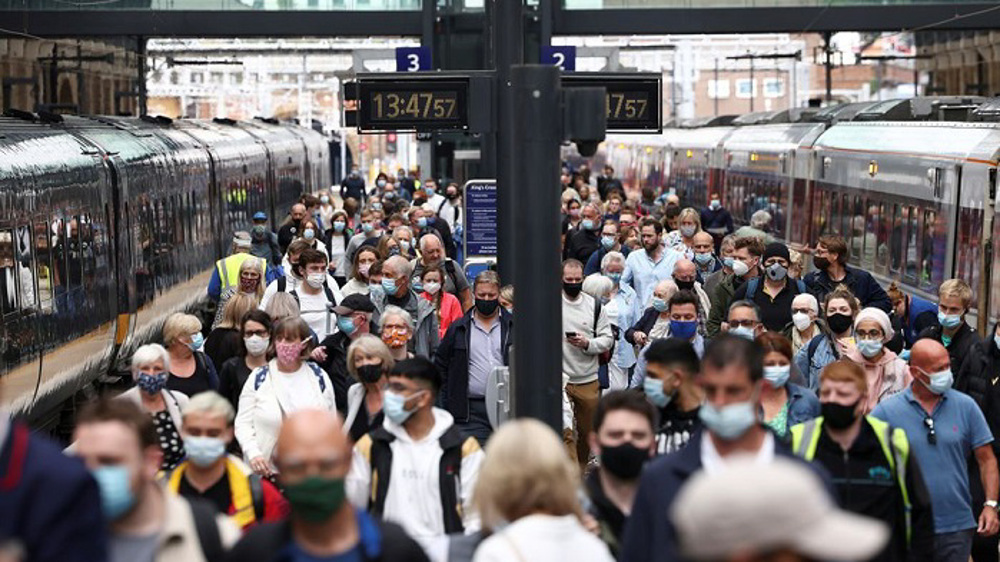
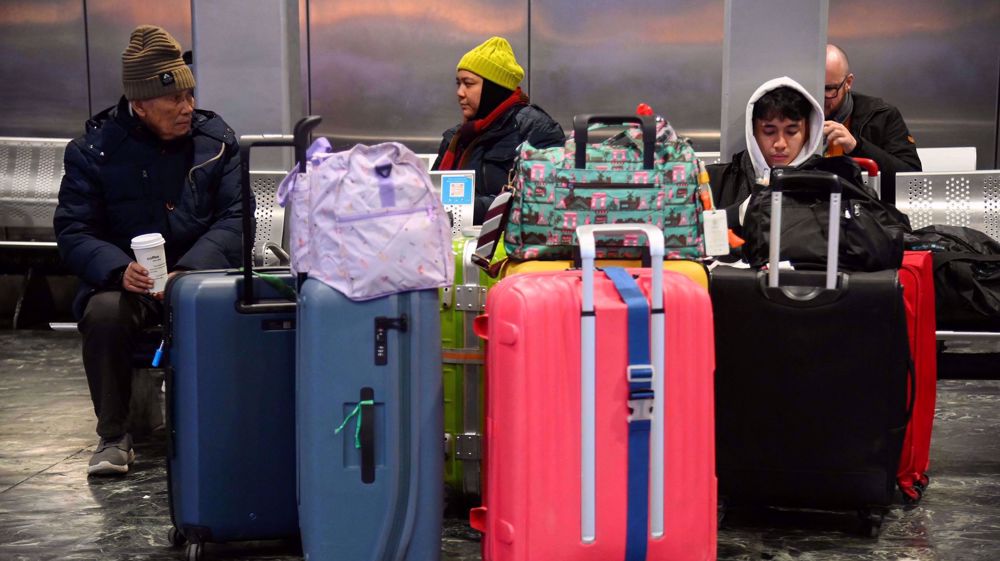
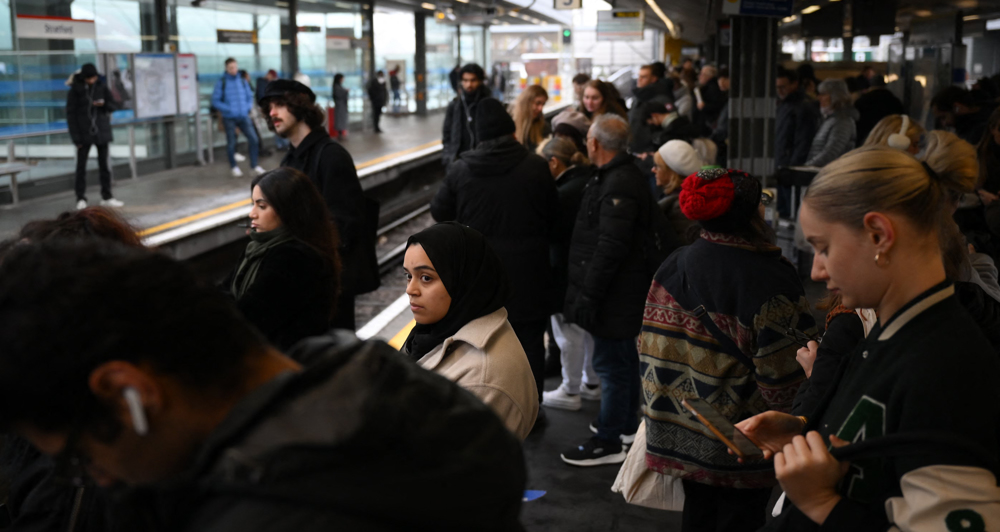


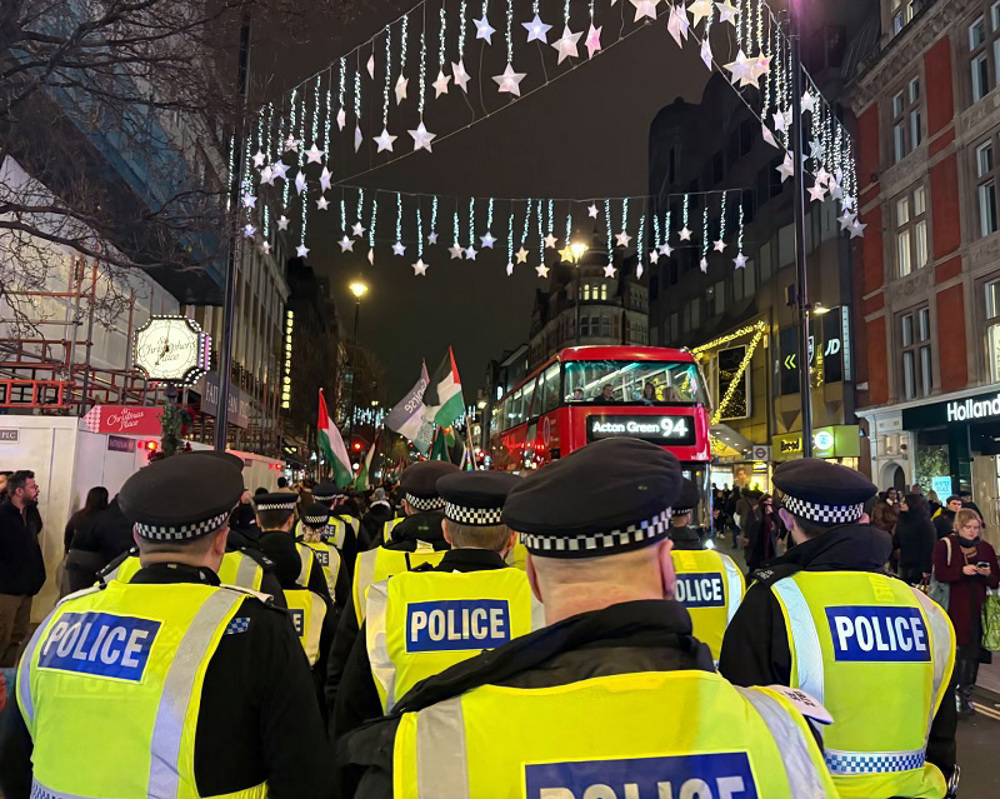



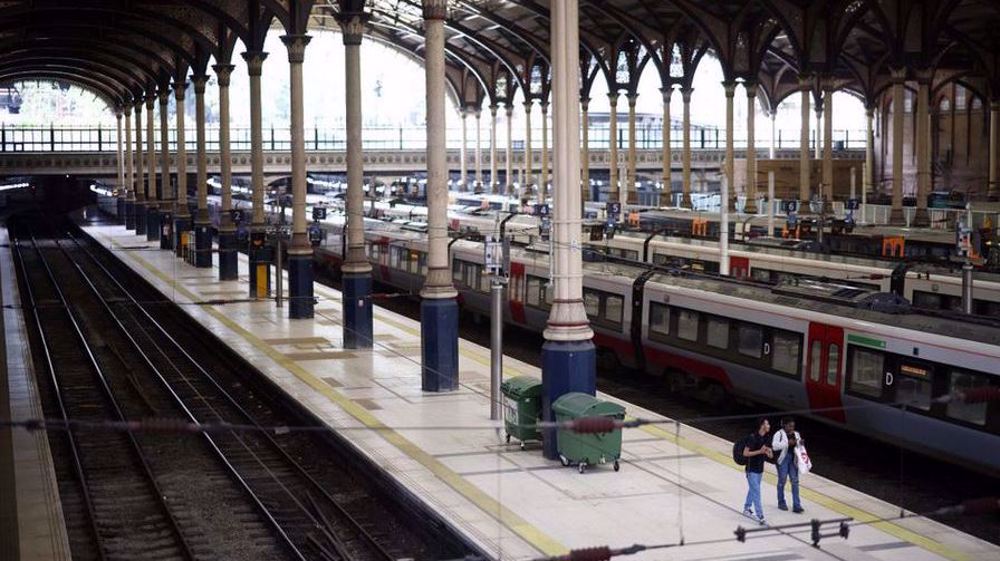
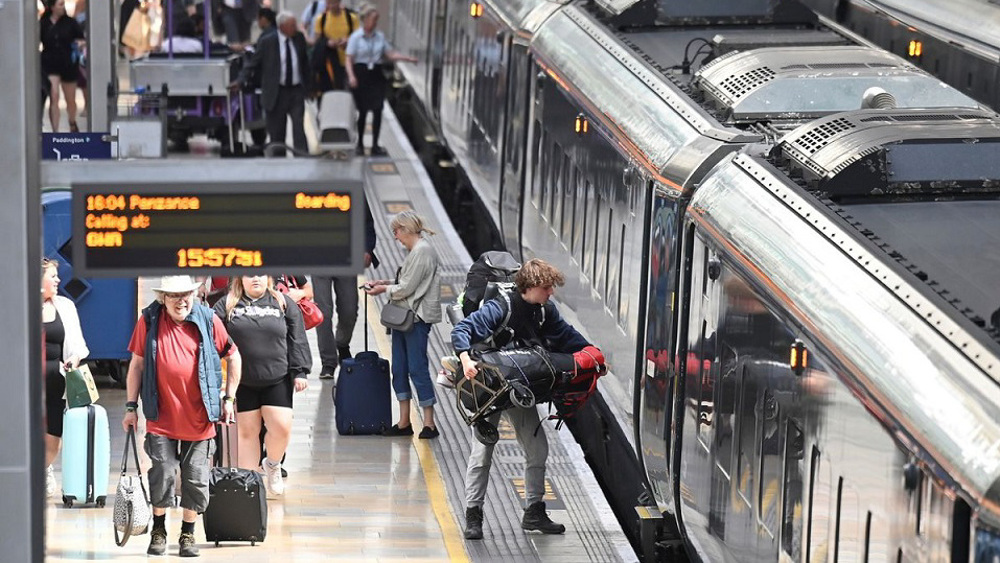
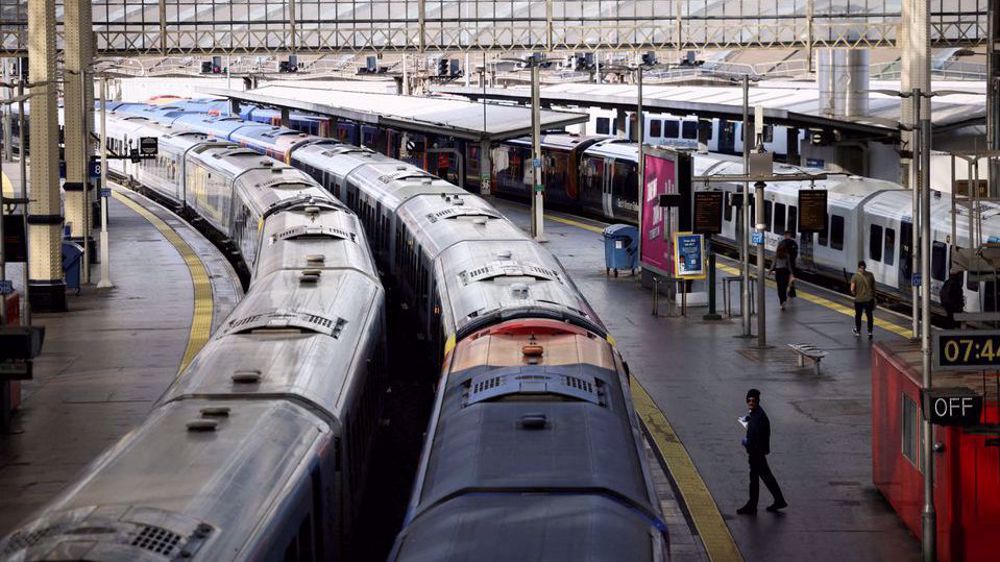
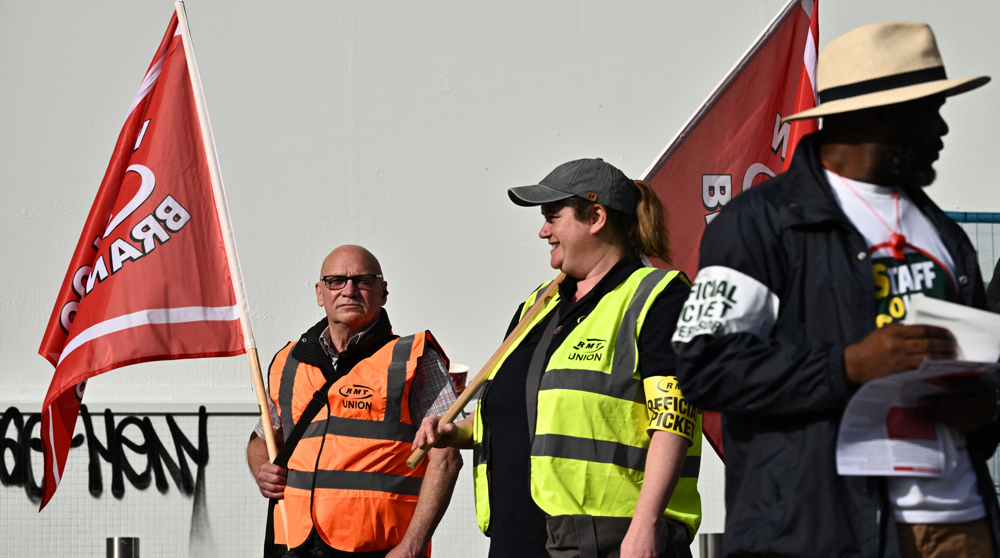
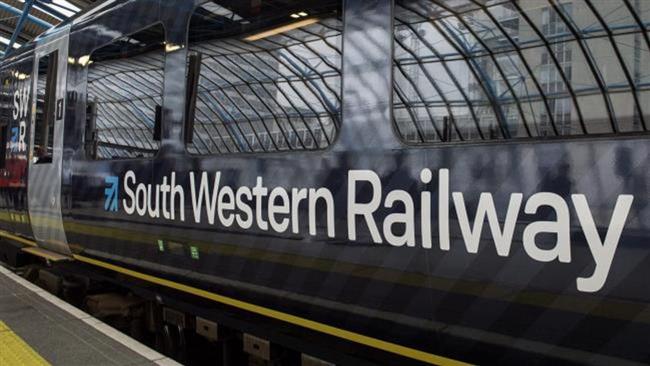



 This makes it easy to access the Press TV website
This makes it easy to access the Press TV website